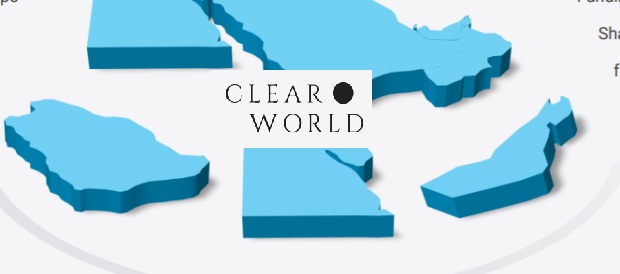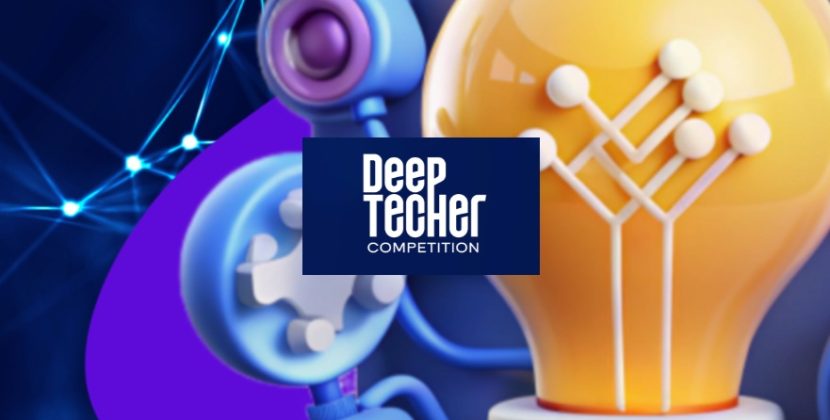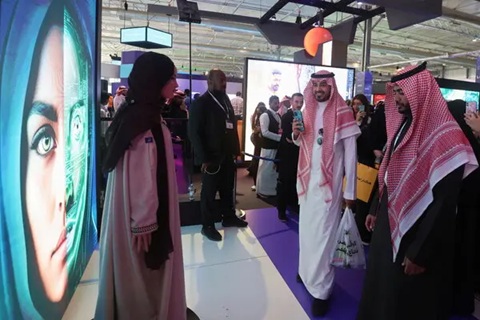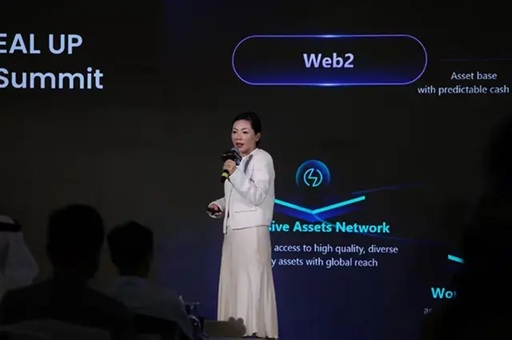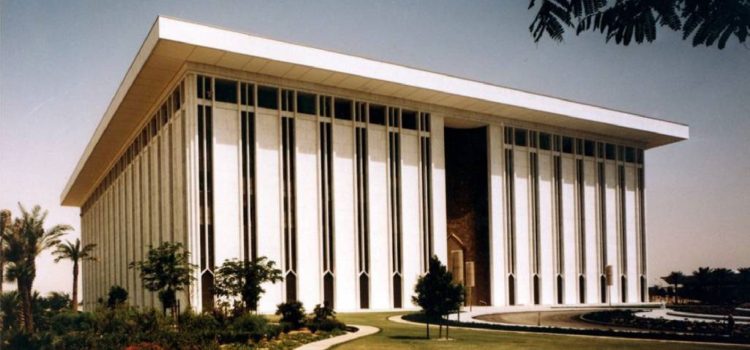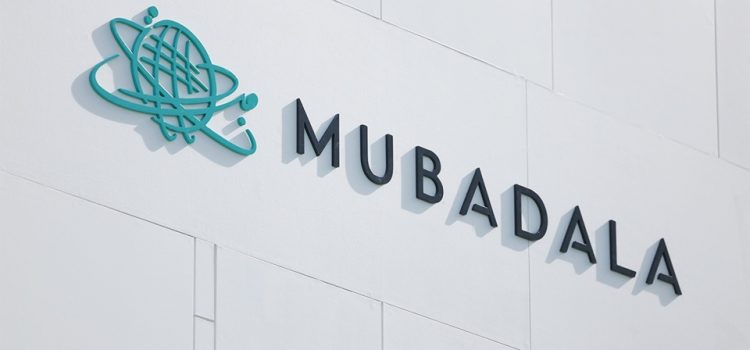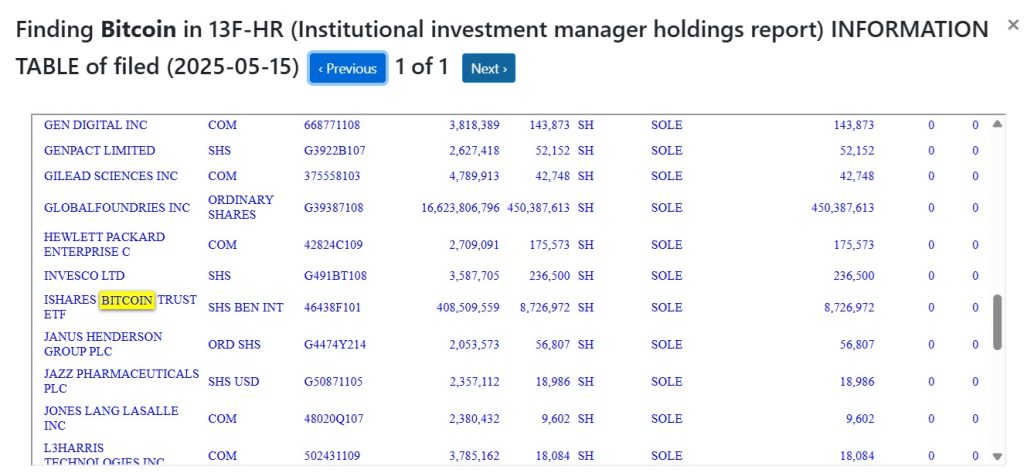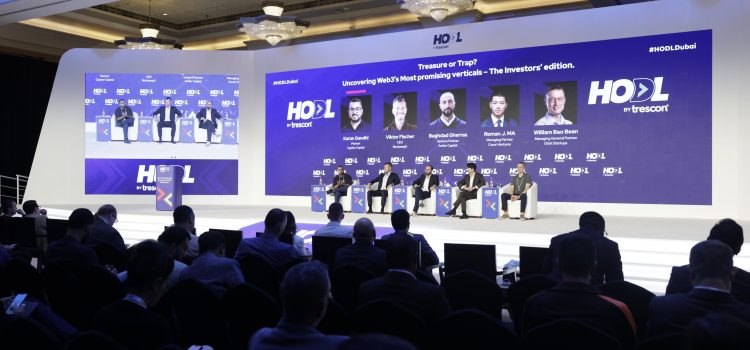Phoenix Group PLC (ADX: PHX), a global cryptocurrency, blockchain, and digital asset infrastructure company announced its financial and operational results for the first quarter of 2025 and reported a consolidated revenue of $31 million for Q1 2025 mining over 350 Bitcoins in Q1.
Phoenix Group mined over 350 Bitcoins in Q1, which includes 222 Bitcoins that were self-mined. The opening of new facilities in the US and Ethiopia is expected to increase this capacity in Q3 and beyond.
Gross mining margins improved to 30%, up from 24% in Q4 2024, supported by operational efficiencies and energy optimization initiatives. The Company reported gross profit of $6.3 million, while operating expenses totaled $9 million, reflecting increased costs associated with scaling operations globally. The Company also reported an unrealized EBITDA loss in Q1, driven by a decline in digital asset prices and global macroeconomic factors. These assets have already begun to rebound in Q2, and a continued recovery is expected to return these assets to profitability by Q3 2025. its revenue dropped by 54.7% to $31.3 million in Q1 2025, compared to $68.9 million in Q1 2024, according to its financial statements.
The company also announced that it is moving forward with its expansion plans and aims to secure top 5 position in Bitcoin mining and AI Data centers by 2026. Currently it is one of the top 10.
As global demand for power increases, forecasters predict a power shortage by 2027. In response, Phoenix Group continues to acquire more land sites with power contracts, enabling it to enhance its assets and Bitcoin mining capabilities while also integrating and capitalizing on the upcoming demand for AI and data centers by introducing a new business vertical and profit center.
HPC and AI-driven advancement offer Phoenix Group a key diversification avenue beyond crypto mining, with the company strategically positioned to leverage this by dedicating a portion of an existing site in the US for prototype setup and completing a feasibility study. In addition, Phoenix continues to scout for new sites in the US as a priority region for its expansion plans.
Following the end of the quarter, the Group successfully energized its 20 megawatt Texas site, taking Phoenix’s global operational capacity to over 500 megawatts across five countries. The Texas facility, built over 4.3 acres and energized within three months, adds 3,990 hydro-cooled miners contributing approximately 1.2 EH/s to Phoenix’s hash rate.
In addition to the Texas deployment, Phoenix advanced its recent international expansion with growth at its Ethiopian site, where it secured an additional 52 megawatts of mining capacity, to be developed in two phases. Phase 1, which has been energized, will deliver 20 megawatts of capacity and Phase 2 (32 megawatts) remains on track for completion by the end of Q2 2025.
This expansion increases the Company’s total operational capacity in the country to 132 megawatts, setting a new benchmark for sustainable mining in Africa and delivering large-scale operations in energy-rich regions.
Munaf Ali, CEO and Co-Founder of Phoenix Group, commented, “Phoenix Group’s position as a top 10 global Bitcoin miner, underpinned by our strategic site locations in Canada, Ethiopia, Oman, the UAE, and the U.S., provides us inherent resilience to market fluctuations. We are not just weathering the current sector-wide pressures but actively accelerating our expansion. This momentum will carry through 2025 and 2026 as we aggressively build out the capacity needed to meet the inevitable surge in demand for power required by Bitcoin mining and AI data centers. Phoenix Group is strategically poised to be a primary enabler of this digital transformation.”
“The launch of our Texas facility strengthens our operational base in North America while reinforcing our industry-leading mining infrastructure and global diversification strategy. Texas is one of the most mining-friendly jurisdictions in the U.S. and our progress there builds on the operational momentum we’ve delivered recently following our expansion in Ethiopia. We remain committed to scaling efficiently, maintaining cost leadership, generating value and positioning Phoenix to capture opportunities as market dynamics evolve.”
The Company’s mining operations delivered an average of 14.2 EH/s in Q1 2025, maintaining its competitive global share of network hash rate. Mining efficiency improved 17% to 25.4 joules per terahash (J/TH) following the deployment of next-generation miners across key sites in the U.S. and Ethiopia.
Phoenix continues to fund its growth strategy through a disciplined capital allocation approach, supported by liquidity reserves and a strong balance sheet and no expansion debt on its books, enabling the Company to execute growth without compromising financial flexibility.


